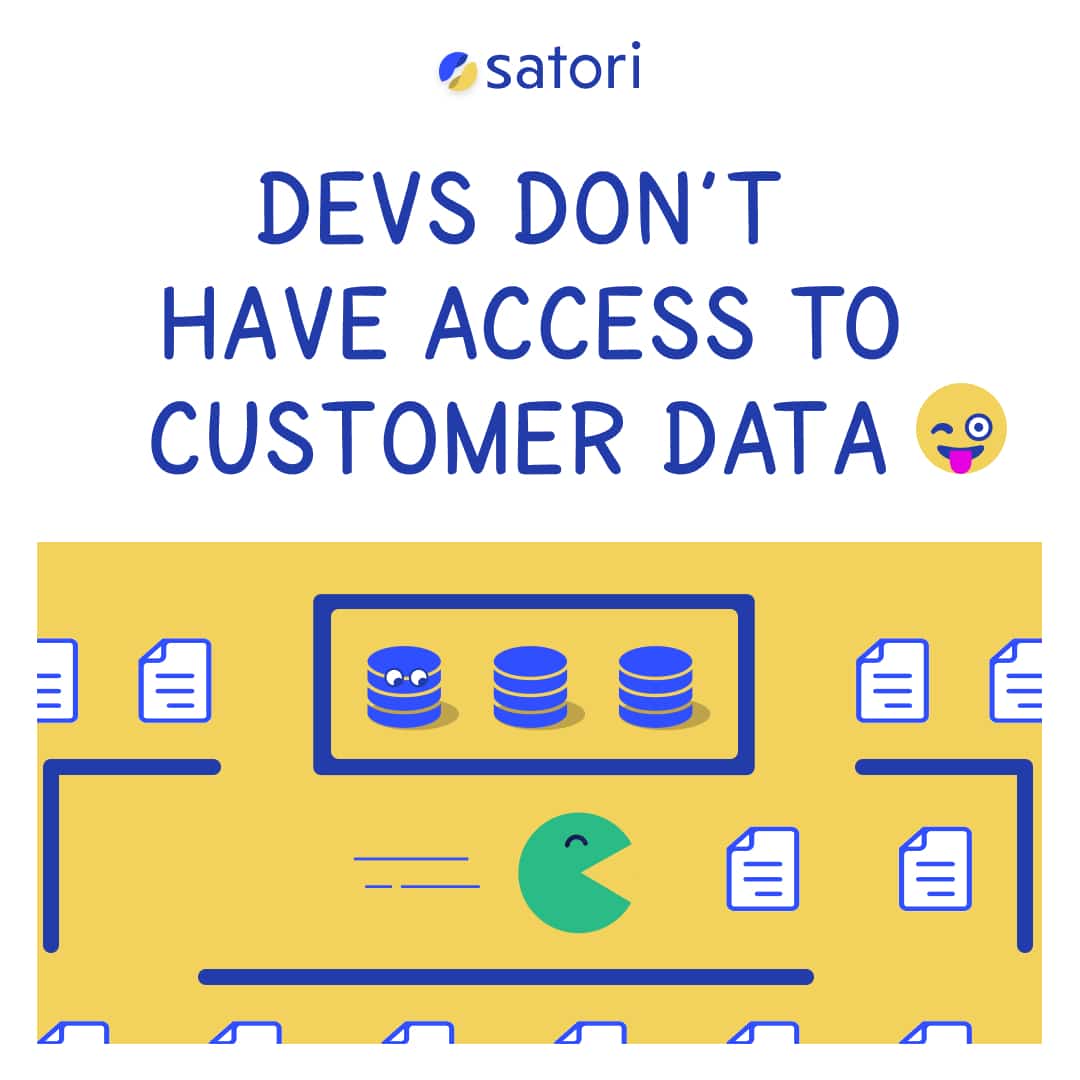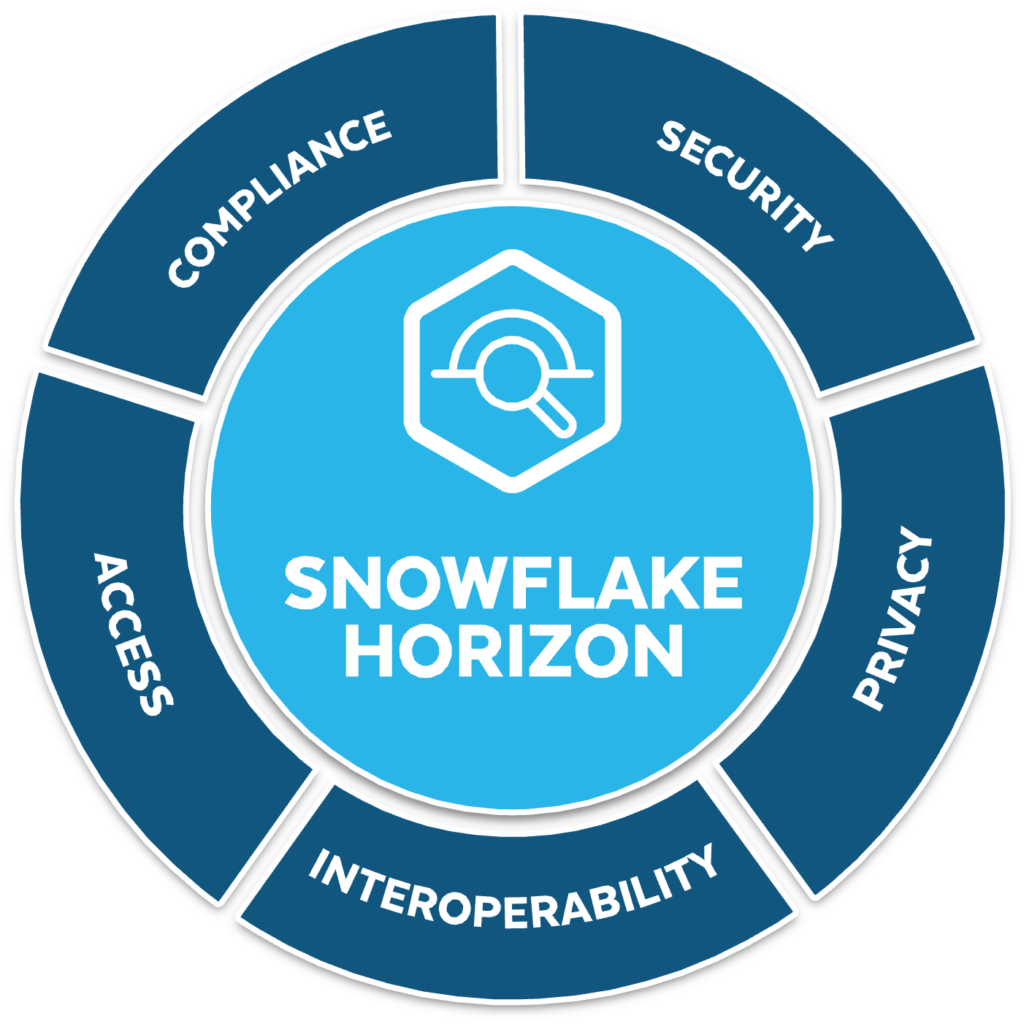Data Security has been an area of focus during the last few years. Because of the ongoing security and data breaches, there has been an increase in demand for data security worldwide.
In cybersecurity, benchmarks are compilations of quality standards developed by professionals to safeguard companies from cyberattacks and assist them in improving their overall security strategy; thus, cybersecurity guidelines are typically essential in any firm.
This section discusses the specific cyber security compliance standards that serve as a solid foundation for any cybersecurity plan.
What are Data Security Standards?
The PCI Security Standards Council or SSC was established to strengthen card payment security information.
Credit card data security and credit card compliance regulations, the Payment Card Industry Data Security Standard or PCI DSS, is a series of rules. These rules are designed to ensure that all businesses that handle, hold, or transfer credit card information operate in a safe atmosphere.
In many ways, the PCI DSS serves as the council’s foundation because it offers the foundation for designing a comprehensive card payment security strategy.
What is the Significance of Data Security Standards?
A guideline can assist the businesses in securing by providing the following advantages:
Minimized Costs
Standards-based approaches to data security assure that all procedures are monitored and handled in an organized fashion, essential for effective data protection. Streamlining methods and policies leads to increased efficiency and effectiveness, which results in cost savings.
Stronger Customer and Business Relationships
Customers and business associates can interact with their respective organizations with confidence. They demonstrate that they take data security very seriously by implementing a strategy to manage risks that have been proven true.
Observance of Relevant Legislation
Implementing a standardized information security management system makes complying with regulations much simpler.
Ensuring a Minimal Security Level
By enforcing organizations to adopt a data security standard, you also ensure at least a minimal security level.
Data Security Standards Requirements Examples
You must practice the control procedures listed below to keep data safe and prevent data breaches from occurring.
Access Control
An approach for data security and information security standards can include restricting access to critical systems and information on a hardware and software level. It includes guaranteeing that all devices and gadgets have encryption keys and that physical locations are only open to those who have received access.
Backup Systems and Recovery Plans
For the restoration to be successful, backup data must get stored in a different format, such as a hard drive, local network, or the Cloud.
Erasure of Information
It is necessary to erase data to ensure it cannot be restored and not misused by unauthorized persons.
Data Resilience
Businesses can endure or recuperate from setbacks with enhanced security. Integrating resilience into the hardware or software can help to achieve data privacy.
Encryption
A software program turns written characters into an encrypted message using encryption keys. Only authorized users with the relevant keys can decrypt and retrieve the material.
12 Requirements for PCI DSS Compliance
The 12 main requirements for PCI DSS compliance are as follows.
Firewalls
Firewalls effectively block unknown entities seeking to obtain sensitive data and information. These anti-hacking technologies are frequently the first layer of protection against cybercriminals, making it necessary for PCI DSS.
Password Protection
Routers, POS systems, and other third-party goods frequently have easily available common passwords and security features. Maintaining a list of all systems and applications that require a password is one way to ensure conformity in this domain.
Cardholder Data Protection
Two-fold security of cardholder data is the third prerequisite of PCI DSS conformity. You must use certain algorithms to secure card data. These encryptions get implemented with private keys, which must be encrypted to comply.
Encryption of Transmitted Data
Data about cardholders passes through different methods. Once this data gets transferred to these known destinations, it must be encrypted. You must never provide card details to unidentified locations.
Anti-Virus
Adopting anti-virus technology is an excellent idea. All systems that engage with and hold PAN must have anti-virus software installed. You should update this application regularly.
Updated Software
You must update firewalls, software, and anti-virus programs regularly. All programs on systems that engage with or store cardholder data need these updates.
Access Restriction
Cardholder information must be strictly confidential to have confidentiality integrity. Parties who do not have access to the records should get denied access. As mandated by PCI DSS, responsibilities that require sensitive data and information must get documented and updated frequently.
IDs for Access
Personal data, credentials, and identity should get required for those who have accessibility to cardholder data. There must not be single access to encrypted information with personnel knowing the login details. Unique IDs reduce susceptibility and speed up response time if data gets breached.
Restriction of Access
You must keep any information about cardholders securely. Both handwritten and keyed data, as well as data stored electronically, should be stored securely. Any time-sensitive information is accessed, a record must get held to ensure security compliance standards.
Access Logs
A log entry is a must. Among the most typical non-compliance issues when accessing confidential material is a lack of effective records management and documentation. Documenting how information flows into the company and the frequency of access is required. To improve validity, software solutions to track access are also required.
Vulnerability Tests
All 10 of the above security compliance standards encompass a series of software platforms, physical locations, and most likely a small number of people. Many items can be subject to human mistakes. The PCI DSS standard for vulnerability testing can help to limit these dangers.
Document Policies
An audit of technology, applications, and personnel with access must be required. The records of cardholder data access also need to be documented. It will also be essential to record how data enters the organization, where it gets held, how it gets used after consumption.
Summary
Data security has become increasingly important; thus, the financial assets must reflect this. The financial commitment must be extensive and ongoing, so organizations must give their staff enough security and the finest possible supervision and training as an entire network can get brought down by a single error.
Data Security with Satori
Satori, The DataSecOps platform, gives companies the ability to enforce security policies from a single location, across all databases, data warehouses and data lakes. Such security policies can be data masking, data localization, row-level security and more.
Learn more:




